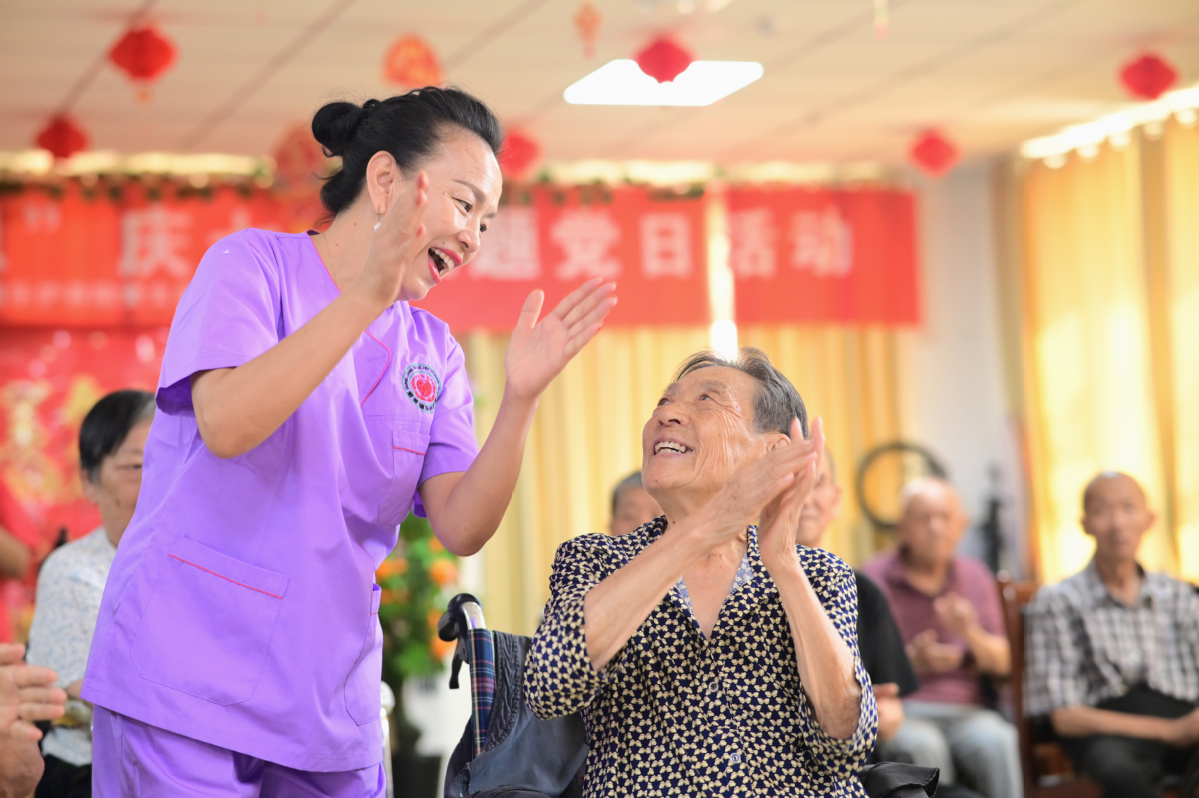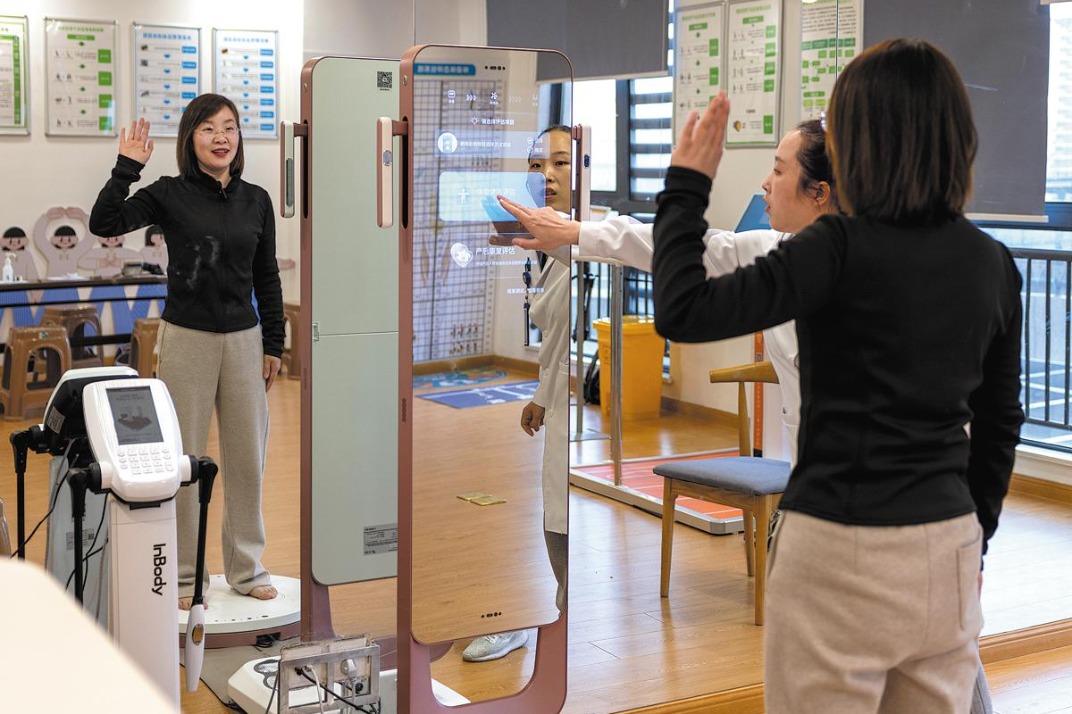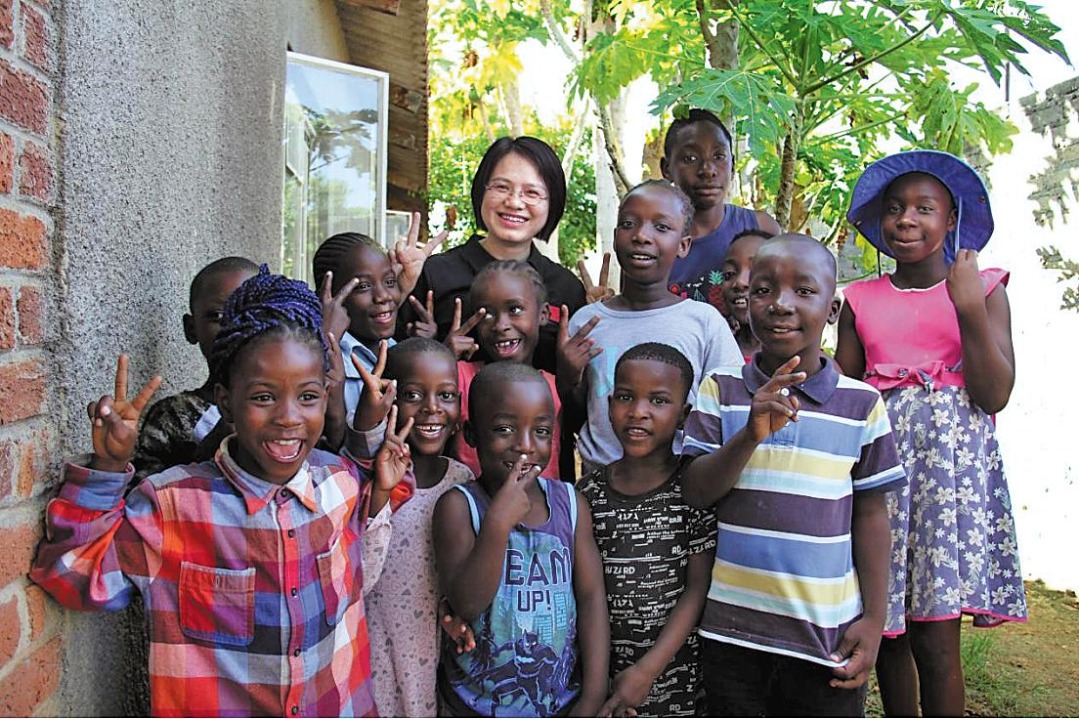National guideline for elderly care established


China has released its first national guideline on evaluating the professional competence of elderly care workers, aiming to boost career confidence in the sector and address the intensifying challenge posed by the country's large elderly population.
The guideline, jointly issued in March by the Ministry of Civil Affairs and the Ministry of Human Resources and Social Security, sets a target of ensuring that more than 80 percent of elderly care workers obtain basic professional competence certificates by 2030.
While there is no official count of the total number of elderly care workers in China, a recent report estimates the sector is short by about 5.5 million workers. The report was released in December by Shanghai-based Fortune Care, in collaboration with institutions including the Renmin University of China and Shanghai Jiao Tong University.
Under the new framework, workers will be evaluated through an eight-level hierarchy, progressing from apprentice to junior level and ultimately to chief skilled master.
Junior-level workers are expected to complete routine tasks using basic skills, while chief skilled masters must demonstrate advanced expertise, receive recognition from provincial or industry skills assessment authorities and contribute to technological or skills advancements in the sector.
Local authorities and certified institutions must conduct annual assessments of professional competence. Assessment results will be used as a reference for job promotions and salary determinations.
"China now has a large and growing elderly population that requires higher-quality care as they age and experience diminished abilities," said Li Yongxin, a Ministry of Civil Affairs official, at a news conference on Monday in Beijing.
China had a population of 297 million people aged 60 and above as of the end of last year, accounting for 21.1 percent of the overall total, according to the ministry. Of those, 217 million were aged 65 or older, underscoring the urgent need for expanded elderly care services.
Li said the shortage of skilled workers in the sector is acute, and the new evaluation system will help standardize competence recognition and ensure fairer pay based on job performance.
Also on Monday, the civil affairs and human resources ministries released another guideline aimed at improving training for workers in social and civil affairs industries by 2030. These include sectors such as funeral services and charitable aid.
Zhang Yuxing, an official from the civil affairs ministry, said under the new framework, these workers will have greater access to vocational training, clearer career advancement pathways and improved compensation aligned with their job performance.
- National guideline for elderly care established
- Macao to integrate more closely with Hengqin's development
- Exchanges with Vietnam Chess Federation help boost relations
- China's central govt pledges full support for Macao's high-quality development
- CRCF expands international aid work
- Rural development funds improve lives nationwide



































